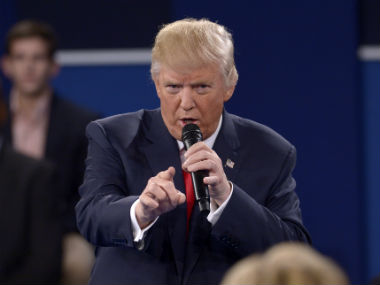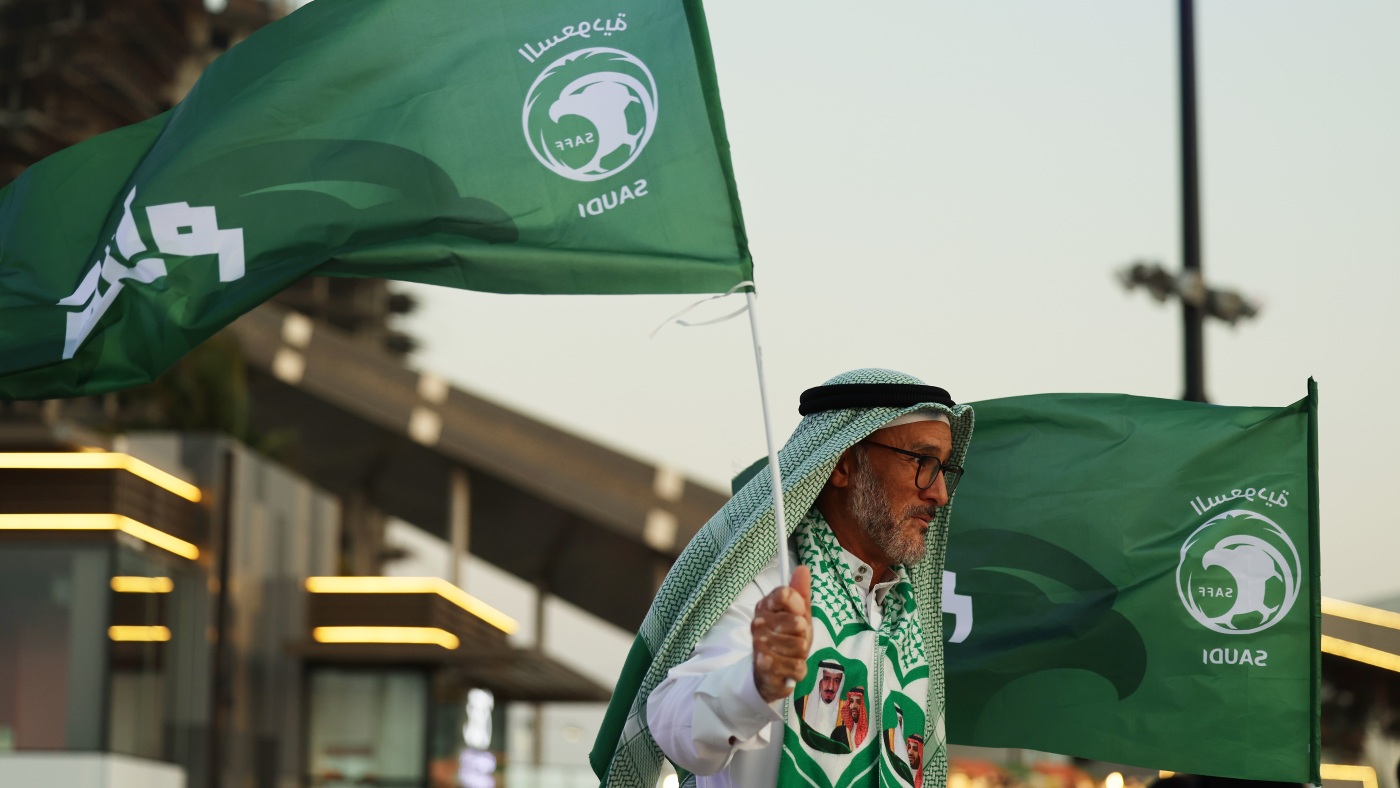
As the 2026 FIFA World Cup approaches, North America gears up to host the globe's premier soccer tournament. In a surprising turn of events, former US President Donald Trump has been appointed to lead a task force aimed at ensuring the continent is ready to embrace the challenge. This decision comes amidst geopolitical tensions and logistical hurdles, particularly related to Trump's unpredictable tariff policies that have stirred unease across the continent.
Political Intrigue and Logistical Hurdles
Appointing Donald Trump to helm the task force adds a layer of intrigue to the preparations. His administration’s history of fluctuating tariffs has fueled tensions, particularly with Canada and Mexico, the United States' co-hosts. This backdrop of political sensitivity makes the task force's role crucial in navigating potential diplomatic pitfalls and ensuring seamless cooperation among the host nations.
In response to these challenges, FIFA President Gianni Infantino has underscored the importance of creating an environment where international visitors feel both safe and welcome. Infantino’s vision for the World Cup aligns with a broader strategic intent to boost soccer's popularity in the United States, a nation where the sport, though growing, still lags behind its global counterparts in terms of mainstream appeal.
)
A Task Force with a Vision
The task force's primary objective is to ensure that the 2026 World Cup sets new standards for logistics and fan engagement. Infantino likened the logistical challenge to orchestrating "three Super Bowls every day for a month," highlighting the scale of the operation. This analogy is apt considering the expected influx of fans, with millions anticipated to travel across North America to witness the spectacle.
Trump’s involvement has sparked varied reactions. Some view his leadership as a potential asset, leveraging his experience in managing large-scale events and negotiations. Others, however, express skepticism, wary of his polarizing presence and the diplomatic tightrope he must walk, particularly given his past rhetoric that has sometimes strained international relations.
Economic Implications and the Growth of Soccer
Beyond the political and logistical considerations, the World Cup presents a transformative economic opportunity for North America. The tournament is expected to inject billions into the economy, with cities across the United States, Canada, and Mexico vying to be part of this historic event. The economic windfall includes not just direct spending from tourists but also long-term investments in infrastructure and sports facilities.
For the United States, the World Cup is a catalyst for soccer’s growth. Infantino has identified the US market as a major growth area for the sport, which has traditionally been overshadowed by American football, basketball, and baseball. The 2026 World Cup could prove pivotal in shifting this dynamic, inspiring a new generation of soccer enthusiasts and solidifying the sport’s place in American culture.

Ensuring Security and Fan Experience
Security is paramount, given the heightened threat landscape and the sheer scale of the event. The task force will work closely with law enforcement agencies across the three nations to develop comprehensive security protocols. This collaborative effort aims to ensure a safe environment for players, officials, and fans alike.
Moreover, enhancing the fan experience is a top priority. The task force will look into incorporating cutting-edge technology to streamline ticketing, transportation, and accommodation, ensuring a seamless experience for fans. The use of advanced analytics and artificial intelligence could also play a role in crowd management and personalizing fan engagement.
The Road Ahead
As the countdown to the 2026 FIFA World Cup continues, the task force led by Trump faces the monumental task of balancing political, logistical, and economic objectives. Success will require deft diplomacy, meticulous planning, and an unwavering commitment to making the tournament a memorable experience for all involved.
In the end, the 2026 World Cup represents more than just a sporting event; it is an opportunity for North America to showcase its unity and hospitality on the world stage. The intricate dance of politics and sports will be under the global spotlight, with the hope that the beautiful game will bridge divides and create lasting memories. As preparations intensify, the world watches with anticipation, eager to see how this ambitious endeavor unfolds under Trump’s stewardship.